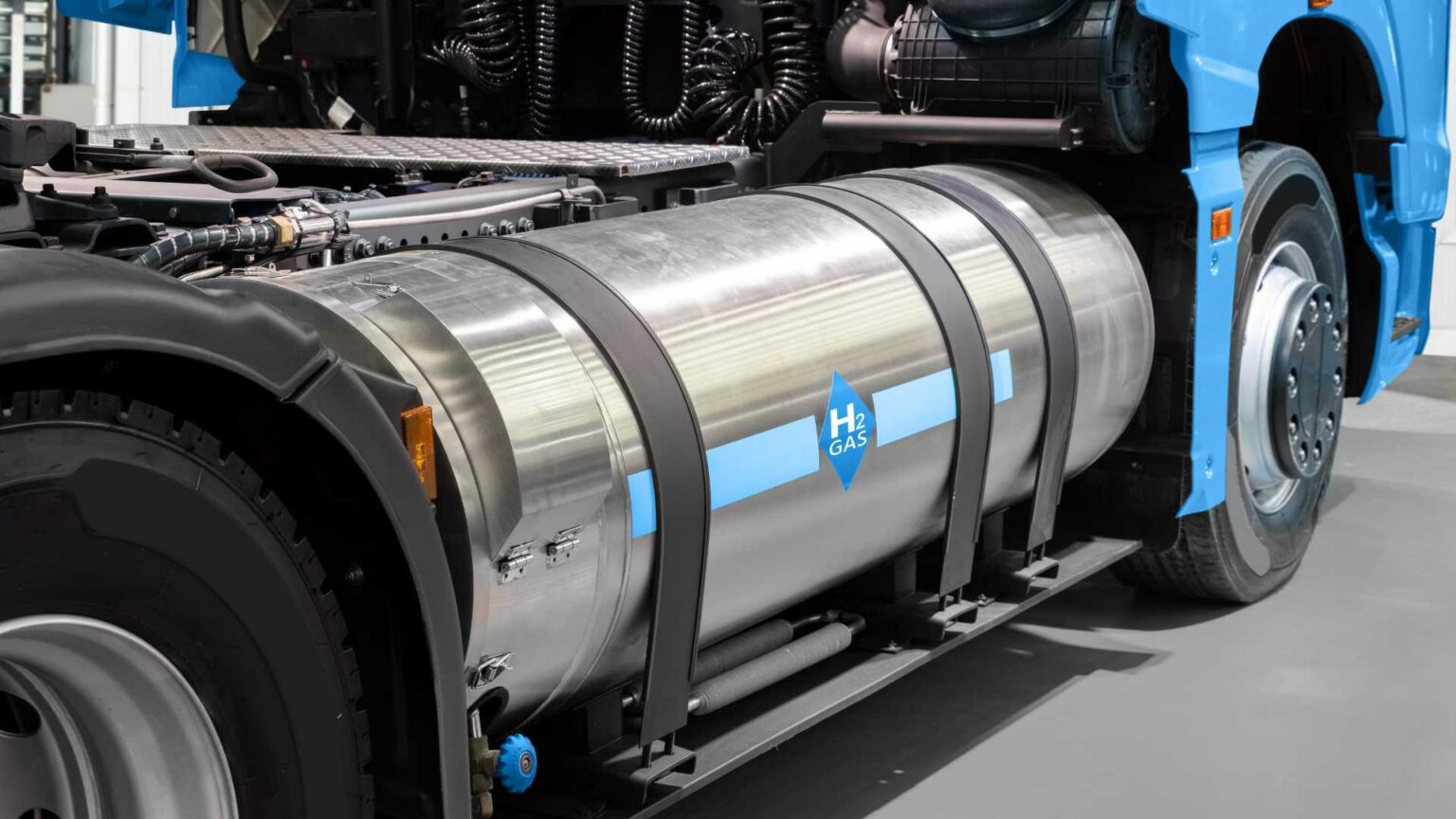The research focuses on the crucial role of hydrogen technologies in decarbonizing heavy-duty transportation, specifically Class 8 trucks. As the world grapples with climate change, reductions in CO2 emissions are essential.
Unfortunately, sectors such as trucking face unique challenges due to their high energy needs and the complexity of electrification. In light of this, the California Air Resources Board’s Advanced Clean Trucks rule mandates a shift towards zero-emission vehicles. Batteries, though viable for light vehicles, pose weight and charging challenges for heavy trucks. Hydrogen trucks emerge as a potential solution, capable of delivering diesel-like performance with minimal payload sacrifices.
Cryo-Compressed Hydrogen as a Solution
Traditional on-board storage using 700 bar Type 4 vessels falls short in energy density for many fleet operators. Cryo-compressed hydrogen (CcH2) presents an alternative, promising greater energy densities and a longer driving range. Through a detailed evaluation, this study explores the use of CcH2 in Class 8 trucks under typical commercial operations.
Thermodynamic Performance and Design Changes
The research investigates the thermodynamic evolution of cryo-compressed hydrogen, examining the impact of various system design changes on performance. Usable hydrogen densities of 67 grams per liter are achieved with no vent losses over weekends, supporting a driving range of approximately 1200 kilometers (746 miles). These findings highlight the robustness and efficiency of CcH2 storage for heavy-duty applications.
Comparison with Other Hydrogen Storage Technologies
The study compares cryo-compressed hydrogen storage with 700 bar and liquid hydrogen alternatives to provide a comprehensive understanding. CcH2 demonstrates similar weight and volume storage performance to liquid hydrogen (LH2) and sub-cooled liquid hydrogen (sLH2) vessels. However, the standout feature is the zero evaporative losses due to the robust thermal endurance of CcH2, positioning it as a cost-effective and efficient solution for long-range heavy trucks.
The findings establish a foundational framework to compare various hydrogen technologies in the heavy-duty truck market. This research underlines the potential of cryo-compressed hydrogen storage in meeting the demands of heavy-duty transportation while addressing the urgent need to reduce CO2 emissions. As hydrogen technology continues to evolve, it may offer a viable path towards sustainable and zero-emission heavy trucking.





